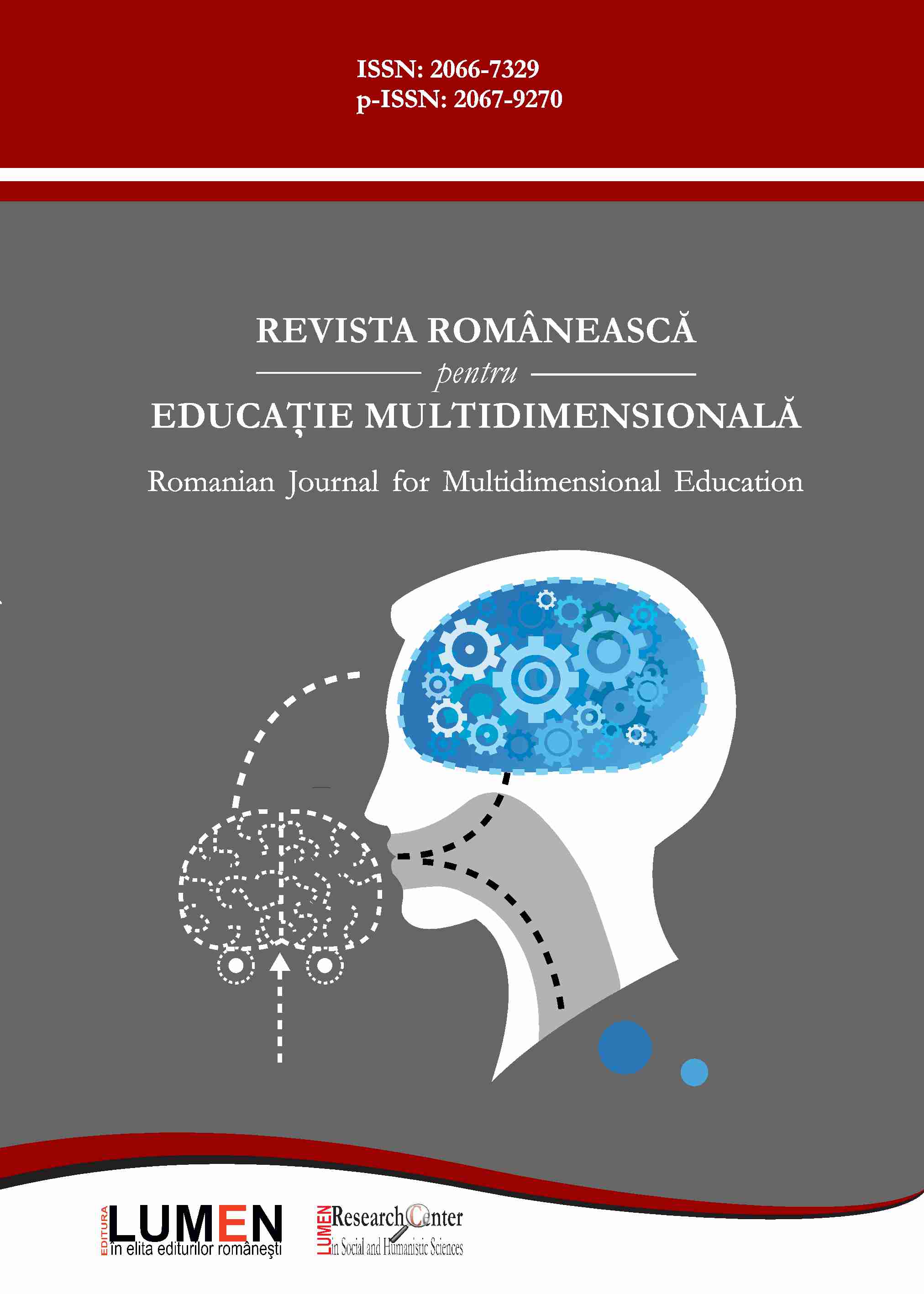
The Effect of Swimming on Some Muscular Parameters in the Training of the Medical Students Members of the Handball Team
The Effect of Swimming on Some Muscular Parameters in the Training of the Medical Students Members of the Handball Team
Keywords: handball player; swimming; Jump Plyometry; plyometrics;
The game of handball gradually developed into a very fast and demanding sport, with continuous changes in regulation. Speed force, especially found in the form of detente, is a fundamental quality for handball players, especially for players who shoot at goal. The main objective of the game of handball in offensive mode is to score as many goals as possible preceded by dribbling, passing and throwing at goal, while defensively blocks and steals of throws must be carried out. All these actions are based on high-level muscular parameters, acquired through a training directed and conducted according to the specific requirements of the dynamic game of intense physical stresses with rhythm breaks. In this regard, in order to support the handball players, in our research we have introduced swimming sessions within the training programs, both preparatory and pre-competitive and competitive. Purpose: Through this research we have tried to highlight the effects of swimming practice as a complementary sport in the training of amateur handball players and to support the technicians who draw up the training programs in order to increase sports performances and to decrease the risk of injury or physical exhaustion. Methods: This research was conducted on twenty amateur athletes handball players, aged between 19 and 25 years, being divided into two equal groups, with ten students for each group. The subjects were tested and evaluated using the Myotest PRO device in the Jump Plyometry test, through initial and intermediate testing after the preparatory stage and final testing after the competition stage. Results: after comparing the results obtained, the two groups, group 1 and group 2, an evolution is observed on average of 14% for the parameters measured at the end of the preparatory period, and of approximately 5% for the end of the competitive period, for group 1, while the values for group 2, of control, have stagnated or recorded a slight decrease in the pre-competitive and competitive stages.The game of handball gradually developed into a very fast and demanding sport, with continuous changes in regulation. Speed force, especially found in the form of detente, is a fundamental quality for handball players, especially for players who shoot at goal. The main objective of the game of handball in offensive mode is to score as many goals as possible preceded by dribbling, passing and throwing at goal, while defensively blocks and steals of throws must be carried out. All these actions are based on high-level muscular parameters, acquired through a training directed and conducted according to the specific requirements of the dynamic game of intense physical stresses with rhythm breaks. In this regard, in order to support the handball players, in our research we have introduced swimming sessions within the training programs, both preparatory and pre-competitive and competitive. Purpose: Through this research we have tried to highlight the effects of swimming practice as a complementary sport in the training of amateur handball players and to support the technicians who draw up the training programs in order to increase sports performances and to decrease the risk of injury or physical exhaustion. Methods: This research was conducted on twenty amateur athletes handball players, aged between 19 and 25 years, being divided into two equal groups, with ten students for each group. The subjects were tested and evaluated using the Myotest PRO device in the Jump Plyometry test, through initial and intermediate testing after the preparatory stage and final testing after the competition stage. Results: after comparing the results obtained, the two groups, group 1 and group 2, an evolution is observed on average of 14% for the parameters measured at the end of the preparatory period, and of approximately 5% for the end of the competitive period, for group 1, while the values for group 2, of control, have stagnated or recorded a slight decrease in the pre-competitive and competitive stages.
More...